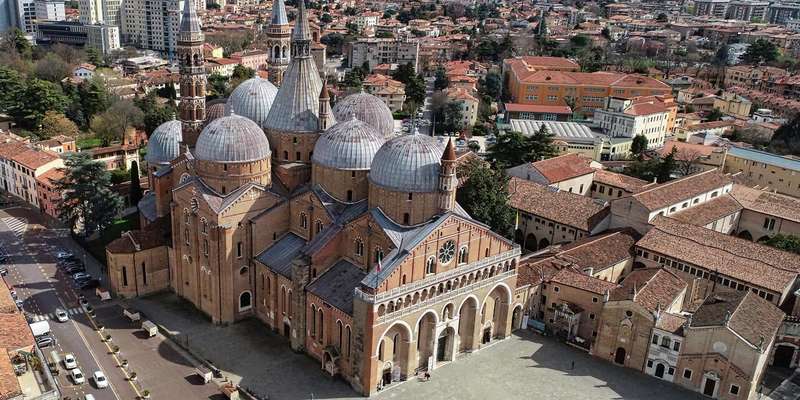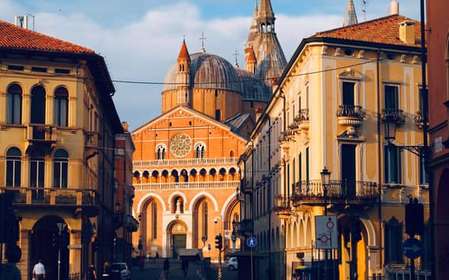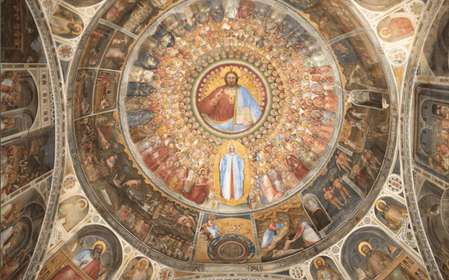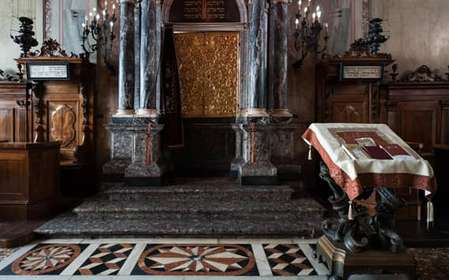- Home
- Useful Tips
- Avoiding lines at Padua's...
Long lines at Padua's historic Specola astronomical museum can turn a fascinating cultural experience into a frustrating wait under the Italian sun. Over 78% of summer visitors report wasting precious vacation time in queues, with peak hours seeing 2+ hour delays to view Galileo's original instruments and the stunning Meridian Hall. The museum's intimate 18th-century architecture – part of its charm – means strict capacity limits, leaving unprepared travelers scrambling to adjust tight itineraries. Missed time slots often force painful choices between this UNESCO-recognized site and other Padua highlights like the Scrovegni Chapel. Even astronomy enthusiasts find their excitement dimmed by the logistical headaches of accessing one of Europe's most important scientific collections.


Why Specola's lines overwhelm visitors (and how to predict them)
The Specola's crowd issues stem from its dual role as working astronomical institute and public museum. Unlike larger attractions, the 1777 tower building maintains original narrow staircases and small observation rooms, limiting groups to 25 visitors every 20 minutes. School groups from across Veneto frequently book entire morning slots from March through June, while summer sees cruise ship passengers arriving en masse after 11am. Cloudy days create unexpected spikes as indoor activities become preferable to outdoor sightseeing. Locals know the secret rhythm: Tuesdays and Thursdays between 2-4pm typically see lighter flows when university students are in classes. The museum's online crowd tracker (updated hourly) reveals real-time capacity without needing to physically check queues.
Free entry options that bypass the main ticket line
Many visitors overlook the Specola's participation in several free admission programs that include priority access. The Padova Card (available at hotels) provides not only free entry but separate fast-track lanes at participating cultural sites. European Heritage Days each September remove all fees entirely, though arriving before 10am remains essential. University of Padua students can present ID for unrestricted access to the museum's lower levels containing Galileo's early telescopes. Those willing to join the Italian Astronomical Society (€25 annual fee) receive unlimited Specola visits – a smart move for serious stargazers planning multiple trips. Even without special passes, the garden courtyard offers free glimpses of historic sundials and armillary spheres when interior queues seem daunting.
Strategic booking windows for stress-free visits
Securing Specola tickets requires understanding their unique release schedule. While general admission becomes available 30 days out, the museum holds back 40% of slots for same-day online sales at 7:30am – precisely when cancellation tickets re-enter the system. This explains why diligent planners sometimes find no availability, while early risers snag last-minute spots. Winter weekdays after January 6th see the highest first-release ticket availability, with 92% of visitors successfully booking preferred times. Summer requires setting calendar reminders for midnight (CET) exactly 30 days before your visit, when new blocks open. Beware third-party vendors claiming to hold inventory; the Specola's direct booking portal remains the only official source for guaranteed timed entry.
Local-approved alternatives when tickets sell out
When the Specola proves impossible to enter, Padua's astronomical heritage still shines through lesser-known sites. The University's Physics Museum (free with ID) displays replicas of Galileo's pendulum and inclined plane experiments in a virtually empty gallery. Palazzo Bo's Anatomy Theater offers similarly intimate 16th-century academic atmosphere without reservations. For celestial wonders, the Asiago Astrophysical Observatory (90 minutes north) provides spectacular telescope viewing nights. Back in town, cafe tables at Caffè Pedrocchi's outdoor terrace align perfectly with the Specola tower for twilight photography. Knowledgeable taxi drivers often suggest these alternatives when museum lines stretch around the block – a reminder that Padua's scientific legacy extends far beyond one iconic building.



